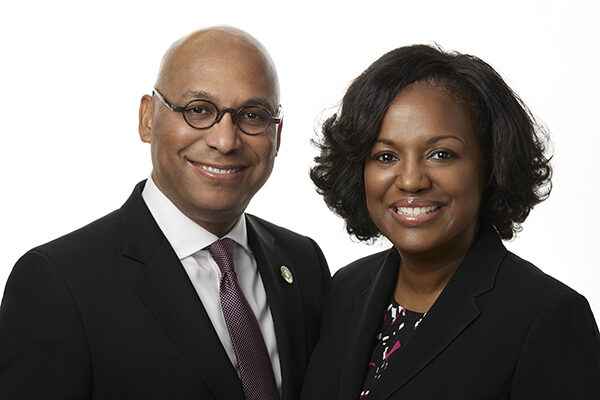My husband and I have been married for almost seven years, but it feels much longer because we spend so much time being angry at each other. Please tell me what happened, even after having two lovely children together. When we first got married we couldn’t stand being apart for even a day. Now we can’t wait to get away from each other. When we were dating and nearing our wedding day, I thought we had so much in common. Now we seem to have nothing but contempt for each other. Was I so blinded by love that I couldn’t see how seldom we agreed on anything? I would love to save my marriage, but it seems almost impossible. What do you think? Please help.
We are very sorry for your pain. We can feel it. In fact, we can almost touch the intensity of what you have described. We would be less than honest if we didn’t share that what you are experiencing is not uncommon with married couples at this point in their marriage.
Marriage, like any other relationship—including our relationship with Jesus—is either growing or dying, depending on what we do in it and for it every single day. The marked difference between what you were feeling before your wedding and early marriage, compared to what you are feeling today, is your attitude. That’s right, your attitude.
Before marriage, couples tend to be in love with the notion of being in love. Because God created us to be in relationship with Him and with others, when someone shows interest in us—especially someone we find attractive and charming—we tend to be taken up with that person and customarily give them the benefit of the doubt, even before they have had enough time to prove themselves. The fact that they find us attractive and interesting is often enough proof for many people.
This is a roundabout way of saying that premarital couples are often overly optimistic, while married couples—because of the imperfection they have already experienced in their spouse up close and on a sustained basis—are frequently pessimistic. Yet, pessimism doesn’t have to be a terminal condition. You can rise above this attitude, if you choose to do so, once you come to terms with the reality that your husband is as human as the next person. To be sure, the difference between the couples who make it and those who don’t is the attitude they choose to have about their partner.
It is true that you will need to do more than just change your attitude about the way you view your husband to have a better marriage. Still, every subsequent step you take toward developing a stronger and healthier marriage must begin with choosing to change your attitude about your marriage being a mistake, before you have a good chance of making it work.
If your husband is not abusing you physically, emotionally, or sexually, and if he is not having affairs, getting your marriage back on track is not as far off as you may think. You can take your marriage to a Christian marriage counselor of good standing who can help you fine-tune your relationship and find the person you fell in love with all those years ago. Your spouse, of course, will need to agree to go to counseling.
We encourage you to remain hopeful and to trust God to supply whatever relational needs you may have with your husband. And take to heart the message of Isaiah 41:10: “Fear not, for I am with you; be not dismayed, for I am your God; I will strengthen you, I will help you, I will uphold you with my righteous right hand.”[i]
* Scripture quotations are taken from The Holy Bible, English Standard Version, copyright © 2001 by Crossway Bibles, a division of Good News Publishers. Used by permission. All rights reserved.


